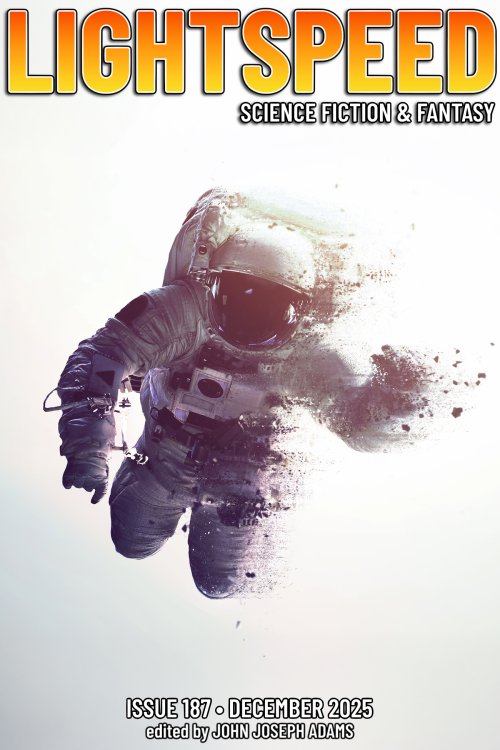Author Spotlight
Author Spotlight: Jess Barber
sensory details come to me pretty organically when I’m writing first drafts. If I don’t feel grounded enough in the world to access that sort of thing mostly unconsciously, the story is probably not “baked” enough for me to start writing it. As a reader, I also totally live for these moments. I think they’re almost like cheat codes. If a writer can tell me super precisely about a sensation I’m familiar with, I’m much more likely to believe them.








